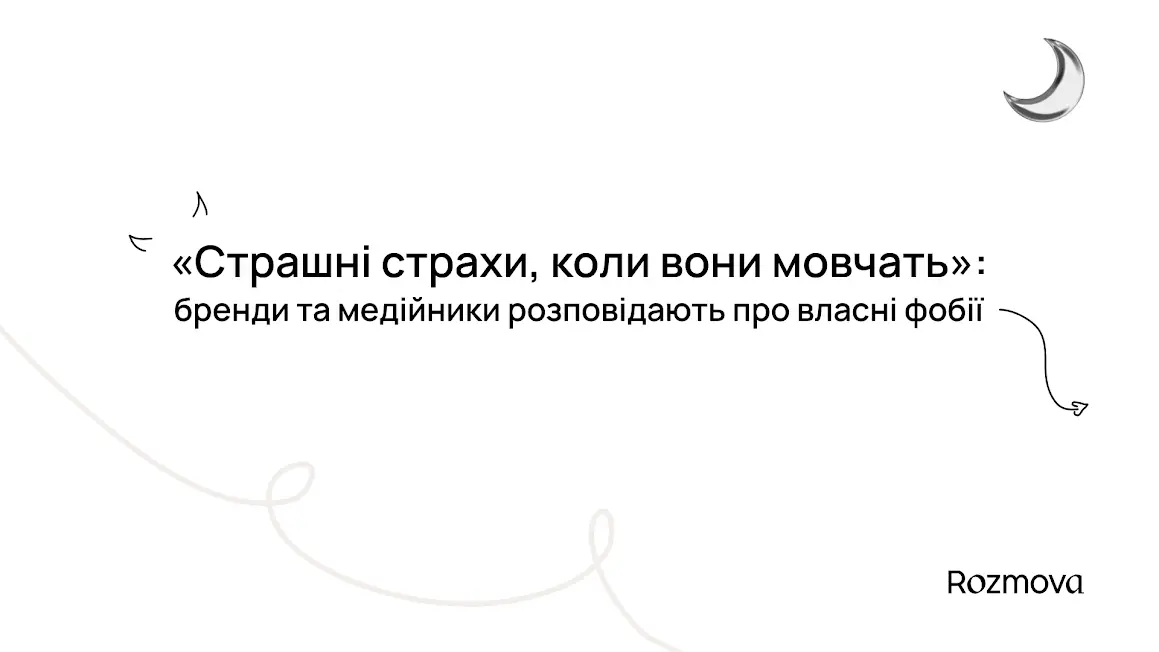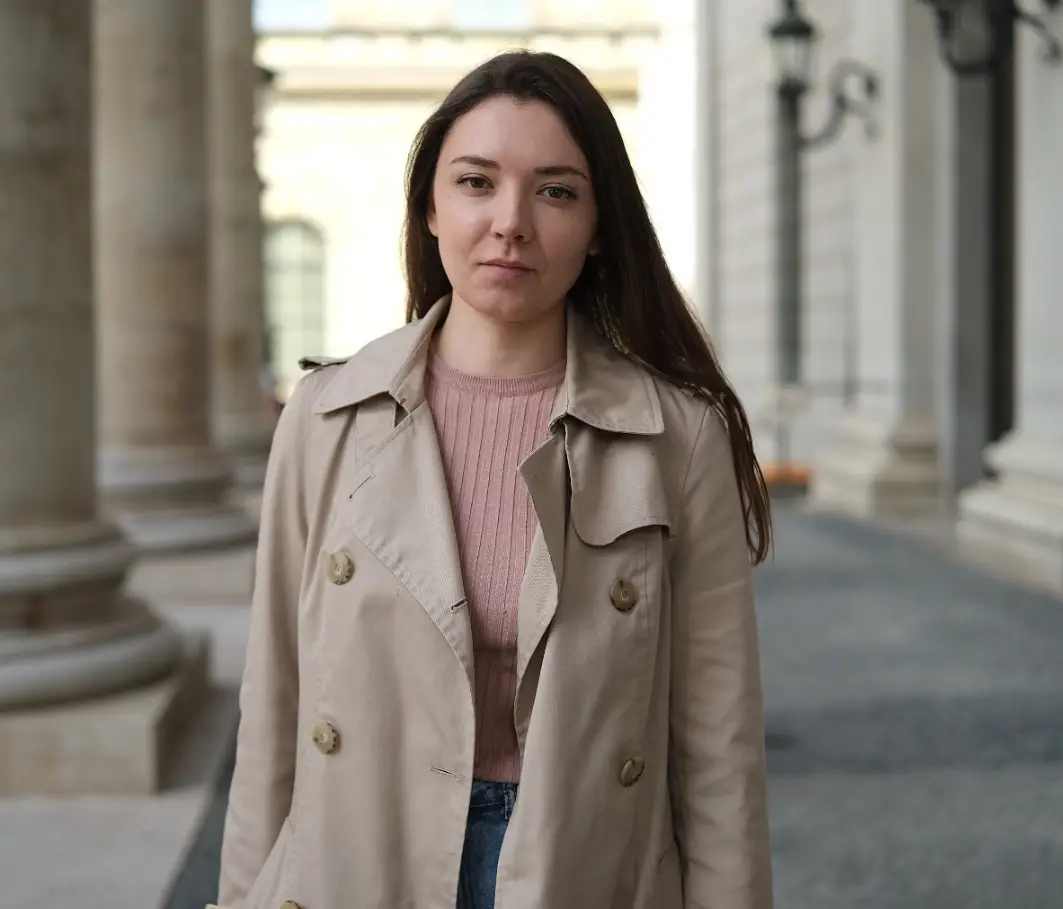How the government's failed communication led to discord in Ukrainian society: who is to blame for the lack of unity among Ukrainians
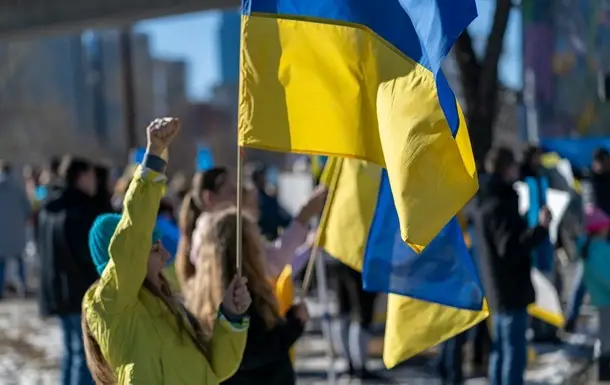
What are the reasons why, in the third year of the war, Ukrainians are losing faith not only in victory but also in the future of Ukraine every day?
At the request of the National Platform for Resilience and Cohesion, the Info Sapience research agency conducted a survey in April-May this year, among various topics, participants also assessed the likelihood of Ukraine's victory on a scale from 10 (very likely) to 0 (very unlikely).
65% of respondents chose 10, 9 or 8, demonstrating confidence in victory. Only 6% estimated the probability of victory at 2, 1 or 0.
For comparison, in early February 2024, KIIS conducted a survey where 89% of Ukrainians expressed confidence in victory, including 60% who were absolutely sure of it. And in May 2022, 95% of Ukrainians believed in victory, of which 80% were absolutely sure.
As you can see from these polls, faith in victory among Ukrainians is falling every day, and in this article, DHN analyzes the main factors that led to this.
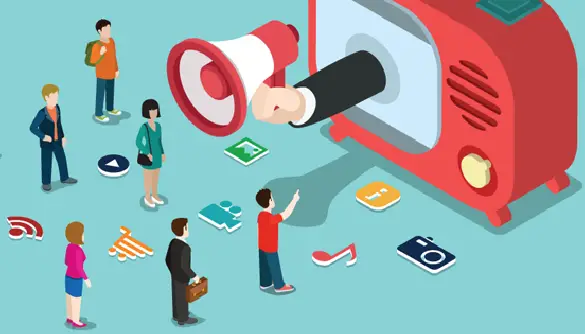
Where it all started
What we have now was made possible by processes that began long before the full-scale invasion.
In January 2022, when russia began to amass its troops on the Ukrainian border, President Volodymyr Zelenskyy appealed to Ukrainian citizens not to panic over the possibility of a full-scale russian invasion. He assured that peace would reign in the country and everyone would meet 2023 in peace, and all the government's communication efforts were aimed at filling the information space with theses that there would be no full-scale invasion. Also, a week before the full-scale invasion, the government proclaimed the Day of Unity in Ukraine, and Ukrainians actively supported this initiative of the government with mass patriotic events that took place in every city and town in the region.
This approach of the government to the situation on our border had its results. According to Gradus Research, almost 70% of Ukrainians did not believe in the possibility of a full-scale russian offensive.
As a result, we got a society that did not believe in the outbreak of war and was not ready for a full-scale invasion.
And then it became known that the Ukrainian authorities knew about the preparation of a full-scale war against Ukraine, this was the first bell to undermine public confidence in the government.
So, at the beginning of the invasion, we had an almost completely disoriented and confused society, and the authorities had almost no choice but to try to reduce the degree of tension among Ukrainians.
Among the most striking examples, we can mention the advisor to the head of the Presidential Office, Oleksii Arestovych, with his "the war will end in two or three weeks", which has long been a topic of jokes on the Internet. Then the term "chmobik" appeared in the Ukrainian information space, which was used to level the image of russian soldiers, and the Ukrainian media was full of news about desertions, looting and poor training among the russian army. After the outbreak of full-scale war, amid the president's actions and the overall "rally around the leader" (rally around the flag) effect, confidence rose to 90 percent as of May 2022.
Then in the spring of 2022, the liberation of northern Ukraine took place, followed by a counteroffensive in Kharkiv and Kherson regions, which only fueled public sentiment for a quick end to the war.
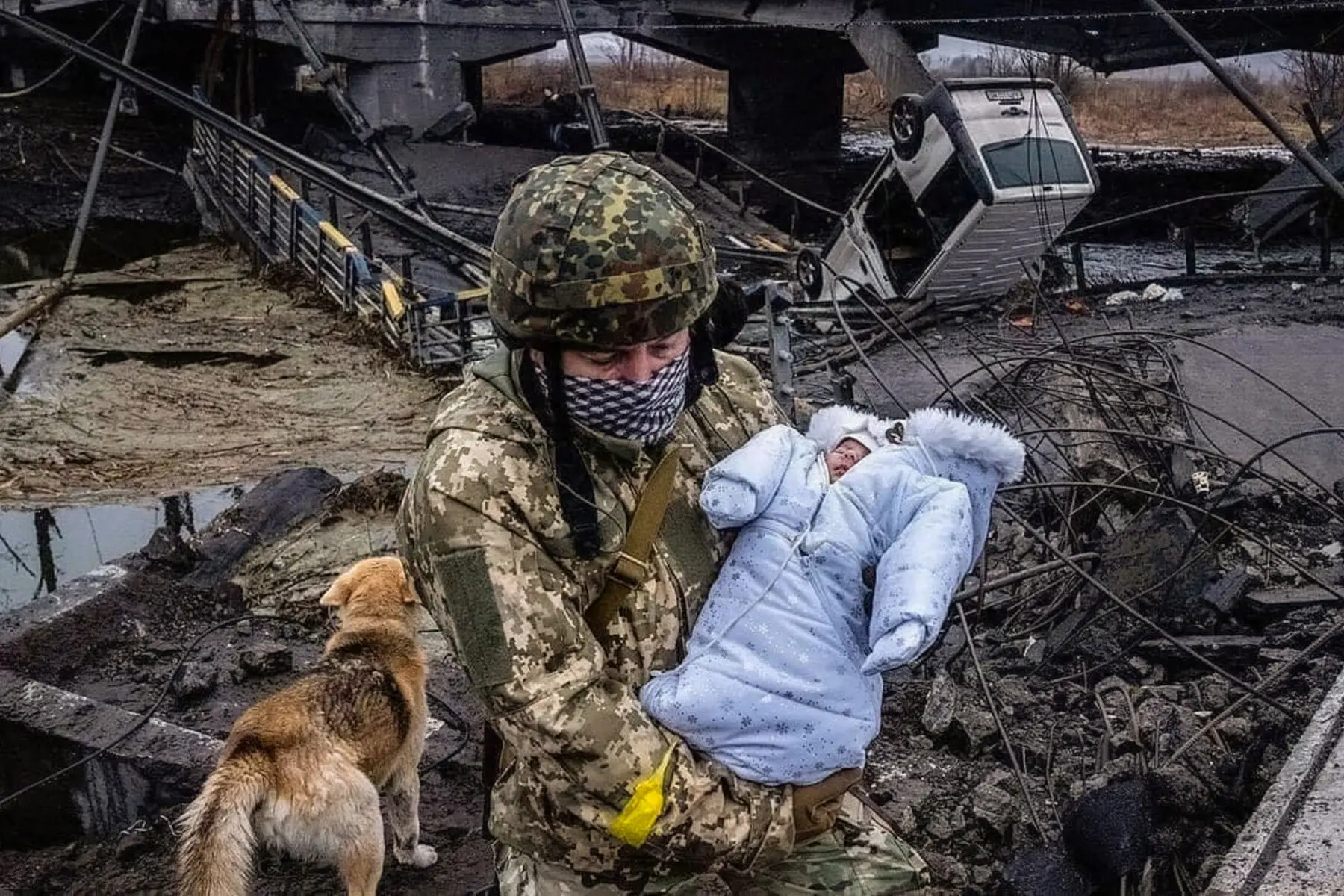
The point of no return for such communication
The state leadership cannot keep Ukrainians in a "suspended mood" and on promises of peace and quick victory. The credit of Ukrainians' trust in the government began to run out as time passed and none of the government's promises became reality.
Corruption scandals soon followed.
With the beginning of russia's full-scale invasion of Ukraine, the issue of food supplies for the Armed Forces and their cost was not discussed publicly. Contracts were not made public, and the names of contractors remained secret. However, an investigation by Dzerkalo Tyzhnia revealed corruption in the contract between Active Company and the Ministry of Defense. The journalists found inflated prices in the catalog of products for the military: potatoes — 22 UAH/kg (against UAH 8-9), chicken thigh — 120 UAH/kg (against UAH 80), eggs — UAH 17 per piece. The Defense Ministry explained this as a technical error.
The scandal almost led to the resignation of Defense Minister Oleksii Reznikov, but his deputy Vyacheslav Shapovalov and the director of the public procurement department, Bohdan Khmelnytsky, were fired. It seemed that after the food procurement scandal, the anomalous contracts were supposed to stop, but journalists discovered a new scam with the purchase of winter clothing.
The Ministry signed a contract with the Turkish company Vector Avia Hava Araçlari, transferring 100% of the prepayment ($30 million). The company was founded by Ukrainian Roman Pletnev, who left Ukraine at the beginning of the war. The batch of jackets from Turkey tripled in price and "transformed" from summer to winter. In the accompanying documents, the price increased from $29 to $86 per piece. In addition, the clothes did not meet the technical conditions and were not suitable for use.
Why domestic manufacturers were not involved remains unclear. Vyacheslav Shapovalov and Bohdan Khmelnytsky again became the defendants and received another suspicion.
With the beginning of the full-scale russian aggression, corruption in military commissariats intensified: for bribes, the leaders and their entourage grant deferrals to recruits, deregister and commission for health reasons.
Since the mobilization was announced, the SBI has been investigating more than 100 proceedings against TCR and SS officials, and some of the cases are already in court. The record holder is the former head of the Odesa Manning Center, Yevhen Borysov, who is suspected of bribes worth UAH 188 million, Borisov became a defendant.
The SBI found out that Borisov's mother bought a villa in Spain for 3.7 million euros. His wife, mother and mother-in-law also had an expensive car fleet.
All this has greatly affected the trust of Ukrainians in the government, as a survey conducted in April 2024 by UA: PBC for the New Countdown program found that 63% of respondents said that during the full-scale invasion of russia, the level of corruption in Ukraine had increased. 24% said it had remained unchanged, 5% said it had decreased, and 9% found it difficult to give an estimate.
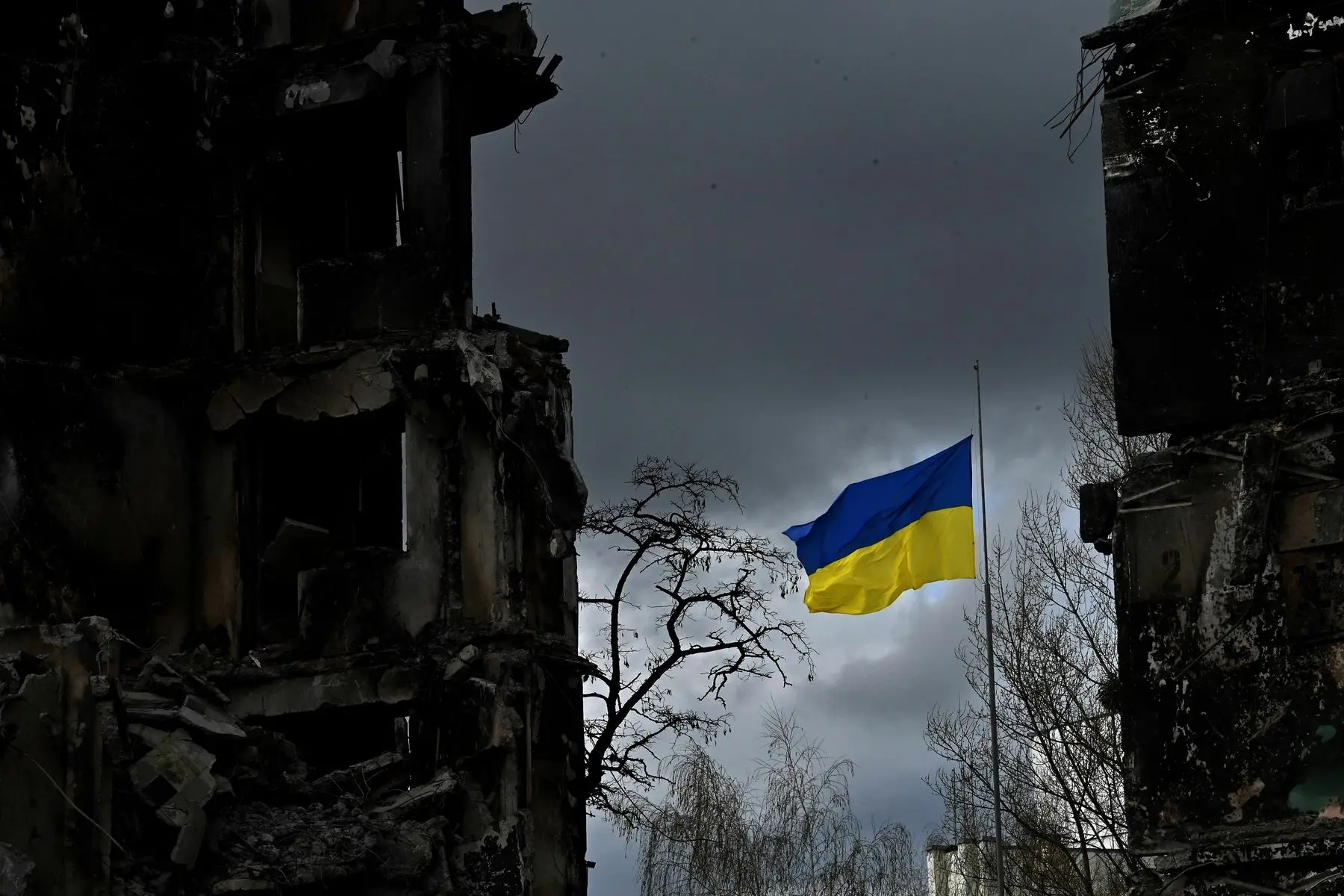
The problem of such communication
In short, what will happen in Ukraine in the future can be described as: "the leadership that puts ratings above the interests of the state eventually loses both ratings and the state".
The discrepancy between promises and reality, inconsistent information policy, corruption scandals, and insufficient preparedness for war have led to a decline in the level of faith among Ukrainians in victory — all these have become major problems that have undermined public confidence.
Inadequate preparedness for a full-scale invasion has also played a role. False assurances that there was no threat led to the unpreparedness of society and the army, which made it much more difficult to start defending the country. As a result, we got a society that did not believe in the outbreak of war and was not ready for it. And the consequences of enemy terror, socio-economic hardships, the risks of a new russian offensive, inevitable casualties, losses and deprivations became a "cold shower" for Ukrainian society. Citizens who were buying tickets for Antibody's concert in Crimea yesterday have already started looking for opportunities to travel abroad.
In the information cocoon created by our government, every victory of the Armed Forces inspired the country, but at the same time was perceived as a prelude to new, even more inspiring victories.
If Kharkiv and right-bank Kherson regions were liberated in the fall of 2022, the liberation of Donbas and Crimea by the summer of 2023 began to seem like a foregone conclusion. The more the Ukrainian army achieved, the more bright and rapid successes were expected in the rear. And at some point, the bar of rear expectations became simply unattainable.
And then it turned out that war cannot consist only of good news.
The counteroffensive in the Kherson region was followed by heavy defensive battles for Bakhmut. General Zaluzhnyi warned of a possible enemy attack on Kyiv. In the rear, there was a debate about the scandalous draft law 8271, and it turned out that Ukrainian soldiers could leave their positions without permission, and their commanders could give false orders.
Against the backdrop of exorbitantly high expectations due to the actions of the Ukrainian authorities, such events created painful cognitive dissonance and increased despondency among Ukrainians.
To avoid further spreading discord among the population, the authorities should take a comprehensive approach to this issue. First of all, the leadership should be more honest with citizens, teach them to live in times of uncertainty, promise not holidays in Crimea, but "blood, sweat and tears", so that every citizen of Ukraine understands the reality in which he or she finds himself or herself. Of course, this will somewhat reduce the credit of Ukrainians' trust in the government, but the society will not live under illusions.
And in order to restore the credit of trust, the authorities must show the society examples of qualitative changes and the fight against corruption. Only then the interaction between the authorities and the people will be full of trust, and their interaction will be aimed at victory.




